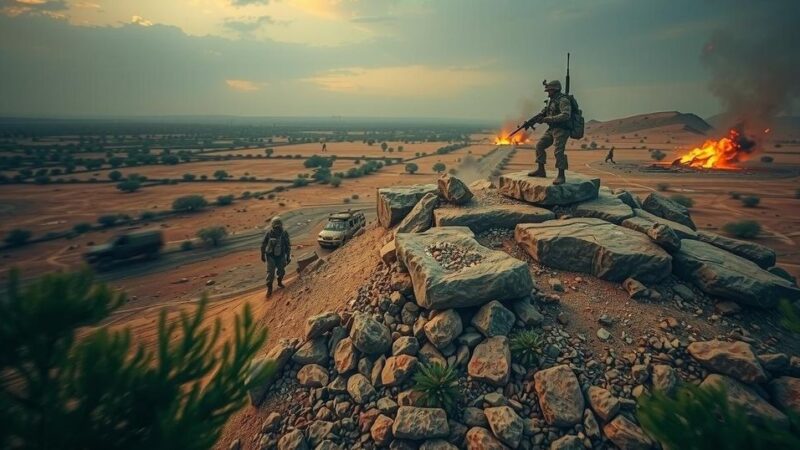Aisha O’Neil, a Colorado student, initiated the Good Trouble climate action group to advocate for climate literacy education in schools. The movement resulted in a bipartisan-supported bill that established a climate literacy seal for high school graduates. The U.S. Global Change Research Program released a guide outlining essential climate literacy principles, emphasizing the need for comprehensive education on climate topics. O’Neil aims to create an educational environment where students feel empowered to address climate issues rather than overwhelmed by fear.
Aisha O’Neil, raised in the natural beauty of Zion National Park, developed a strong connection to the environment. However, her formal education did not equip her with sufficient knowledge about climate change, leaving her to rely on alarming news reports. This inspired her to establish a climate action group in high school called Good Trouble, advocating for a statewide climate literacy seal for students in Colorado. With bipartisan support, this initiative led to a bill that enables high school graduates to earn a seal recognizing their climate literacy, which O’Neil considers essential for a complete education. As the climate crisis intensifies, organizations such as the U.N. underscore the urgent need for comprehensive climate education across disciplines. This is vital to equip future generations with the necessary knowledge and skills for climate mitigation and adaptation, as well as to empower them to advocate against fossil fuel interests. Colorado’s innovative approach, alongside a recently published guide by the U.S. Global Change Research Program, outlines eight essential principles of effective climate education, emphasizing interdisciplinary understanding. During a recent Climate Week NYC event, Frank Niepold from NOAA emphasized the importance of making climate education accessible to all educators and decision-makers. Previous editions of the guide have significantly influenced education standards across 48 states. Niepold articulated the need for an actionable framework that encourages proactive responses rather than merely fostering understanding. Emily Seawell, advocating grassroots movements for climate literacy in Colorado, noted that the seal encourages students to pursue independent learning and engagement beyond the classroom. Colorado’s requirements for the seal involve taking relevant courses and participating in actions related to climate literacy. Aisha O’Neil, now studying at the University of Colorado Boulder, champions further curriculum reforms to ensure equitable climate education reaches all students, not just those driven to seek it out. Ultimately, O’Neil envisions an educational landscape where students are not consumed by fear regarding climate change, but rather feel empowered to take action and contribute to solutions addressing this global challenge.
The increasing urgency surrounding climate change has highlighted the importance of educating young people about the issue comprehensively. Currently, many educational systems lack adequate climate education, which often tends to remain confined to science classes, neglecting broader themes such as justice, community engagement, and actionable solutions. Colorado has taken significant strides by introducing a climate literacy seal that recognizes students’ coursework and out-of-school projects related to climate actions. In tandem, various organizations, including the U.S. Global Change Research Program, have developed guidelines to enhance climate literacy across educational platforms and encourage young individuals to become proactive, informed citizens.
The push for climate literacy is a vital movement that acknowledges the necessity of equipping young individuals with the knowledge and skills to navigate and address climate challenges. Aisha O’Neil’s initiatives demonstrate how student activism can lead to legislative progress, contributing to a more informed and proactive future generation. As educational resources and curricula evolve to encompass broader themes associated with climate issues, it is crucial that all students gain access to a complete and empowering education regarding the ongoing climate crisis.
Original Source: hechingerreport.org






